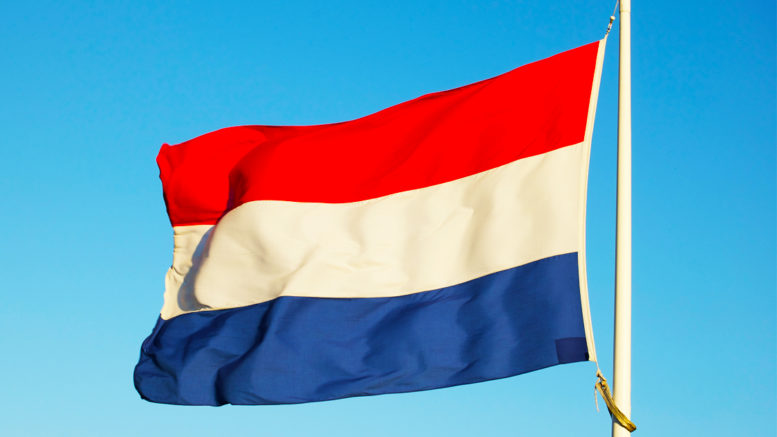I’m a great believer in the social value of public libraries. They have been and still are places where people can study and learn in environments that may be radically different from those of their homes. In both the United Kingdom and the United States there are probably at least one generation of citizens or subjects who have to a significant degree improved their lot because they self educated in public libraries. I also believe that general public libraries should not censor any legally published books on the grounds of politics or taste. Librarians should ideally help library users to find information and not act to withhold information.
The one exception I would make to the ideal of censorship free library systems is with prison libraries. It would be a bad idea to provide prison inmates with books that would at best do nothing to help them reform or at worst make them more dangerous and depraved criminals. This is why British prison libraries monitor closely what books are stocked in them and the prison librarian has to make a judgment as to whether or not a particular tome may be harmful or not. You would not want for example a prisoner to have access to books on how to build concealed weapons or how to become a more effective criminal. This would not only not contribute to the inmate’s reform but may also bring about situations that endanger the lives of prison staff and other prisoners.
There is an acknowledged danger in allowing prisoners in gaols access to questionable information via prison libraries that may make the prisoner worse. It is the fact that this problem has been acknowledged by British prison libraries which makes it all the more astonished at the alleged behaviour of some prison librarians in the Netherlands. According to a report in Dutch News, jihadist inmates at the most secure prison in the Netherlands are being allowed access via the prison library to books that both incite and encourage jihad.
This looks to me to be a policy of absolute madness. It does nothing to de radicalise the inmates in fact it probably reinforces some of the extremist views that these incarcerated savages hold.
Here’s part of the report from Dutch News
Books by radical Muslims, including by people banned from entering the UK for praising suicide bombings, are available in the library at the high security prison in Vught, the Telegraaf said on Friday. MPs from the Christian Democratic party CDA and the anti-Islam PVV have asked the government to explain why the books are kept in a prison library used by people convicted of terrorism offences in the Netherlands. ‘It is incomprehensible that such books are being loaned to dangerous prisoners,’ MP Madeleine van Toorenburg told the paper. ‘It is hard enough as it is to help prisoners ditch their radical ideas and it does not help if they can read books about intolerance and armed jihad in their own cells.’ Among the books which the Telegraaf says are in the library are works by Bilal Philips, who has been banned from Britain and whose books were taken out of British prison libraries in 2016.
I’m not surprised to see that there are loud objections to this policy of allowing jihadist inmates access to jihadist books. This policy does nothing to reform or break or moderate the radical views held by these prisoners. Whilst I can understand those who are uneasy with the idea of libraries censoring information, prison libraries by their very nature constitute a special case where some censorship is legitimate. These prisoners are after all in gaol to punish them and remove them from society. Along with the loss of freedom that incarceration involves I believe that it is right that prisoners lose access to certain types of information even if that information is freely available elsewhere.
I believe that the Dutch prison library management are making a huge mistake with their policy of allowing jihadist prisoners access to jihadist literature. It runs the risk of undoing any attempts by the Dutch authorities to de radicalise the prisoners and also creates the hazard that when released these jihadists will continue their jihadist activities.




